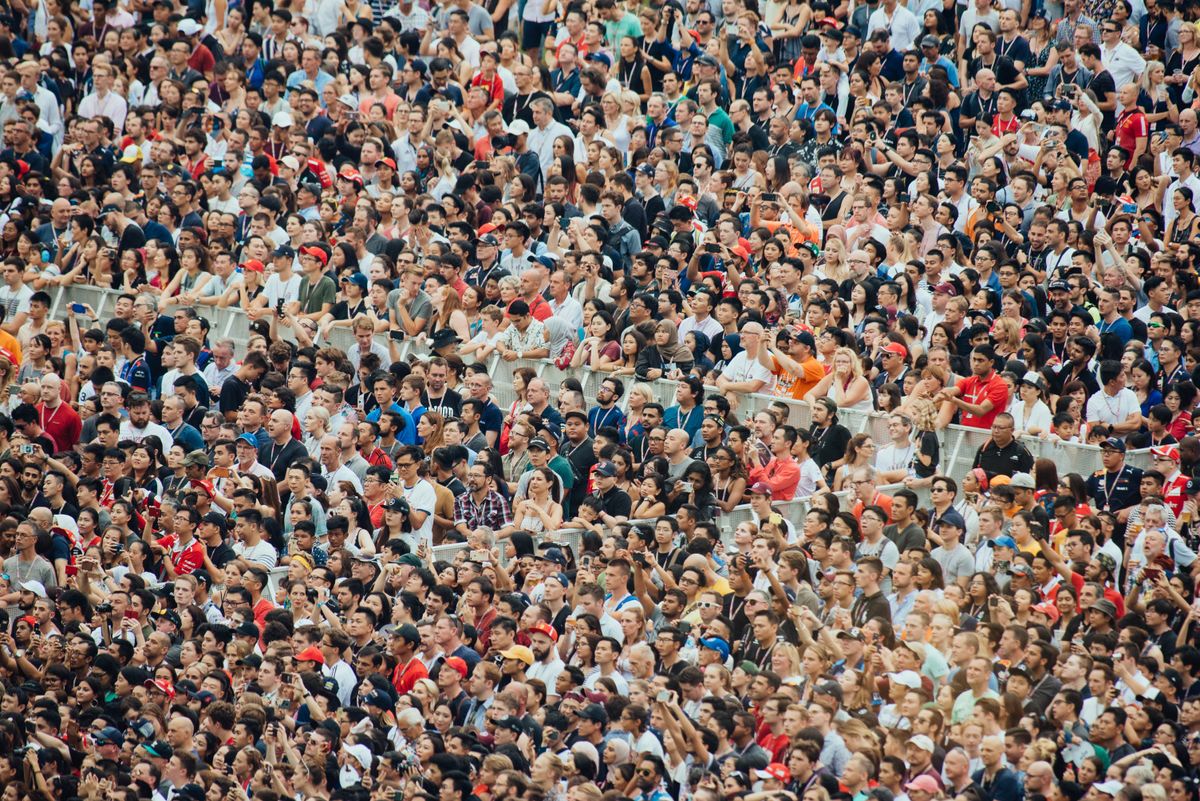Seize control of the production of Memes

Watching events unfold with Space Karen's purchase of Twitter has been fascinating, a lot has been written and a lot will continue to be written, I thought I'd add my niche perspective thinking about what this might mean for the future of social networks.
If Twitter dies (unlikely I think it will more than likely limp on with reduced stature until the next milestone, which might be some sort of flip), I think it will be the first of the major social networks to have been killed or injured by internal forces causing a user exodus, rather than external forces e.g. better competition (see myspace, friends reunited). I think it's also interesting seeing where the twitter diaspora are moving to. It feels a bit like that point of a night out where people are talking about which pub to go to next and no-one can definitively decide:
- As has been noticed by many, a lot of the public debate has not included talk of moving to the other big social networks, e.g. no-one i know is like 'right, i've had it with twitter i'm off to join my parents on Facebook!'. I think part of this is because I think most people see Twitter, Insta, Facebook, having fallen into specific type of buckets of need, each slightly different with little overlap and little desire to overlap in order to move away from Twitter
- The teenagers I know are pretty oblivious to the furore, other than being aware that the Tesla dude is being a dick on a platform they have no interest in, Tiktok, Snap and Insta seem to be where their focus is
- Feels like Mastodon is the default place people are attempting to move to, but then moaning a lot about the UX (I don't get it tbh, its not as good as twitter, but I must be missing something, seems perfectly usable for me). For now seems like a lot of people, me included are straddling mastodon and twitter, waiting for an event that may never happen that will make us finally jump ship. Around 10% of the people i follow on twitter have a Mastodon account and of that i'd say maybe less than 1% are actively using it to the extent they used to use twitter.
- I saw a lot of people talking about joining Cohost, Hive, Post, but stretching the pub metaphor, it feels a bit like being the first person to arrive at the pub, waiting for your friends that are all 15 minutes late. I've joined Post, but have literally done nothing with it other than signup, i think its telling that noone i follow on twitter or mastodon are making much noise about these 'new' platforms.
3) and 4) are the most interesting elements to me from a technology perspective and as a signal of where things could head. Let's take mastodon. Whilst a lot of people are defaulting to the big mastodon instances, e.g. i' joined mastodon.social, I also know a load of people who are either joining or hosting niche interest instances. I think this is exciting in terms of what this tells us about technology trends. we know that all technology commodifies over time, right now the tech to run a mastodon instance is within the reach of reasonably technical people, for a discretionary spend price point. The accessibility, ease and price point of running mastodon or whatever might come after mastodon will only improve. I think there is something really lovely and empowering about mastodon instances being created to support diverse, niche, fringe or vulnerable communities.
I think whats happening with Twitter could potentially be a watershed moment in terms of making explicit the implicit social network value exchange. People accepted 'being the product' in the social network value exchange, but when shit went down with twitter and consumers saw their values being trodden or or laughed at by space karen, the scales on the value exchange shifted, and i'm not 100% sure if they'll shift back. I wonder how burned these consumers will be going forward, when renewing or entering into new value exchanges.
'mainstream' social networks will continue to exist, most people will continue to be products, but a significant number of people will look back on this time as the time they woke up and took ownership of their social network destiny. I see this being analogous to the ethical shopping or fairtrade movements. Social network consumers will increasingly make ethical social network choices, empowered by a profilieration of alternatives and the increasing ease within which the tech that underpins them can be within their own grasp as consumers. I'm not for one minute suggesting that everyone will be hosting their own mastodon (or whatever is after mastodon) instance. but increasingly they'll know someone, or know of someone in their network who is. Ethically driven social network use will always be an outlier, becuase, just like ethically driven consumerism is an outlier in other sectors, most consumers expect the ethical workload to be carried and packaged up nicely by their chosen brands/companies/platforms.
Regarding 4) and the other alternatives, again, we can see the proliferation of new alternatives as a signal of the accessibility of technology that underpins a twitter-like social network. The majority of these efforts will fail, but they won't fail due to technology, I think we've long since passed the time where the technology underpinning a social network is the differentiator or part of the way in which the network will win.
